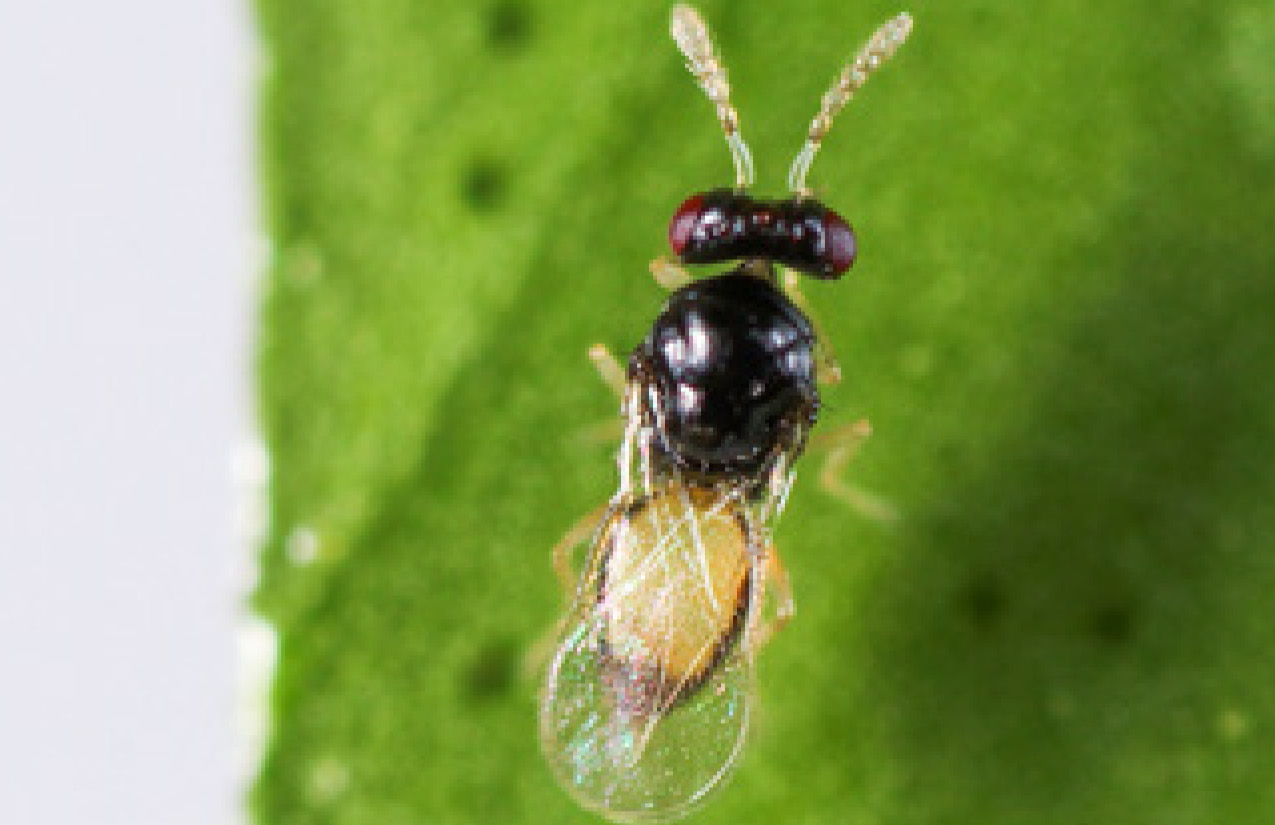Asian Citrus Psyllid Quarantine Expansion in Kern County
An additional portion of Kern County has been placed under quarantine for the Asian citrus psyllid (ACP) following the detection of one psyllid in a residential neighborhood south of the City of Bakersfield in Kern County.
CDFA officials are going door to door to notify owners of the spray mandate.
The new Asian citrus psyllid quarantine zone measures 113 square miles in and around the City of Bakersfield, bordered on the north by New Stine Road; on the east by S Fairfax Road; on the south by Millux Road; and on the west by Interstate 5. This area is in addition to the previously announced quarantine areas in Kern County. A map is available online at: www.cdfa.ca.gov/plant/go/acp-quarantine.
In addition to quarantines in portions of Kern, Fresno, San Luis Obispo, and Tulare counties, ACP entire-county quarantines remain in place in Imperial, Los Angeles, Orange, Riverside, San Bernardino, San Diego, Santa Barbara, and Ventura counties.
The ACP is an invasive species of grave concern because it can carry the disease huanglongbing (HLB), also known as citrus greening. All citrus and closely related species are susceptible hosts for both the insect and the disease. There is no cure once a tree becomes infected. The diseased tree will decline in health until it dies.

SAVE OUR CITRUS app is a free USDA iPhone to report and identify the four leading citrus diseases: citrus greening, citrus canker, citrus black spot and sweet orange scab. Report your symptoms, upload a photo and citrus experts will respond.
HLB has been detected just once in California – in 2012 on a single residential property in Hacienda Heights, Los Angeles County.
HLB is known to be present in Mexico and in parts of the southern U.S. Florida first detected the psyllid in 1998 and the disease in 2005, and the two have been detected in all 30 citrus-producing counties in that state. The University of Florida estimates the disease has tallied more than 6,600 lost jobs, $1.3 billion in lost revenue to growers and $3.6 billion in lost economic activity.
The disease is present in Georgia, Louisiana, South Carolina, and Texas. The states of Alabama, Arizona, Hawaii, and Mississippi have detected the pest but not the disease.
Residents in the area who think they may have seen the Asian citrus psyllid are urged to call CDFA’s Pest Hotline at 1-800-491-1899. For more information on the Asian citrus psyllid and huanglongbing disease, please visit: www.cdfa.ca.gov/go/acp
Featured photo source: UC ANR IPM









